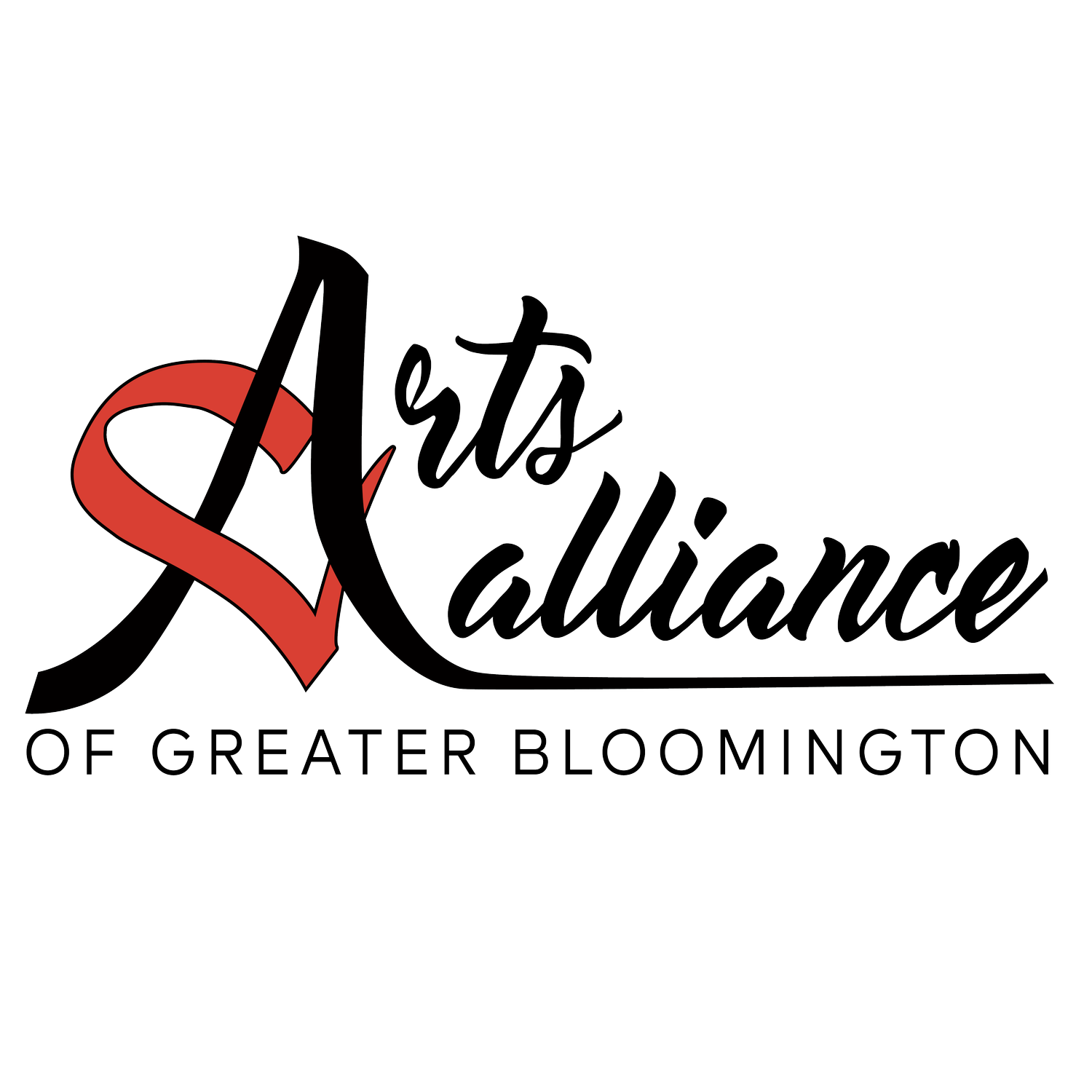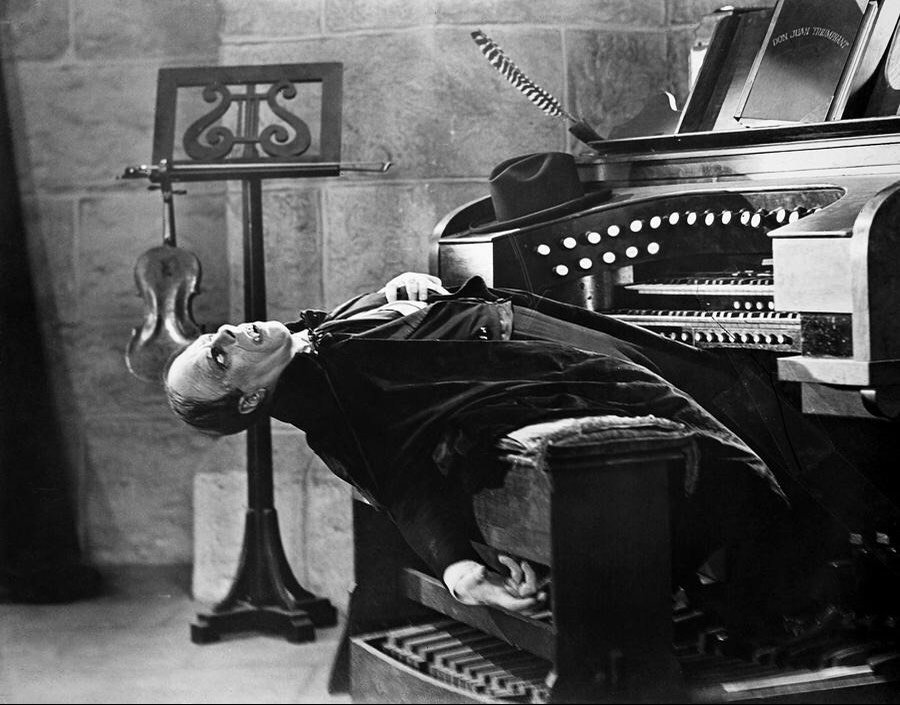Stage fright befriends us: Tips from 11 creators
As long as it doesn't expand into an unbridled freak, stage fright can befriend us.
You've got to have a little stage fright, or you aren't totally committed to your show. (See below, by organist Dennis James.) Here's what 11 talented, productive performers or artists tell us about stage fright and how it boosts outcomes.
Stage fright, like many other forms of anxiety, can push us smack into triumph. It means that we're interested in how we perform, in what's about to happen—to us and our audience.
Our memories are what nourish stage fright: those times we were publicly judged; our own judgey thoughts; when we didn't prep enough; that frenemy in the front row; our cuticle-chomping director looming somewhere —where?!— in the house; a critic just now entering the lobby.
Yeesh, remember John Simon's (1925-2019) sometimes ego-and-skin-scalding reviews?
Simon never reviewed a show I was in, and I would have succumbed to stage terror, had he.
When Simon was 90, a few years ago, New York magazine reran one of his reviews, of the original 1977 Star Wars film.
Simon unleashed asteroids at Star Wars:
"I sincerely hope that science and scientists differ from science fiction and its practitioners. Heaven help us if they don't: We may be headed for a very boring world indeed. Strip Star Wars of its often striking images and its highfalutin scientific jargon, and you get a story, characters, and dialogue of overwhelming banality, without even a 'future' cast to them: Human beings, anthropoids, or robots, you could probably find them all, more or less like that, in downtown Los Angeles today. Certainly the mentality and values of the movie can be duplicated in third-rate non-science of any place or period."
Organist Dennis James was so nervous his nose super-bled at Chicago's Orchestra Hall
Dennis James as Dracula
"When at Indiana University I was so afraid to perform that we had to write 'BREATHE' onto my organ music scores so that during performances my page turner could say the word breathe into my ear while I played!" said organist Dennis James.
Dennis James at organ
"And at my Chicago Symphony Orchestra organ concerto debut back around 1983 I was so afraid to go onstage that my nose burst into all-out bleeding about one minute before I was to walk on stage at the Orchestra Hall in downtown Chicago.
"I was wearing a full tails formal outfit, and the blood flow completely soaked my shirt. It turns out this is a fairly common occurrence at symphony halls, and in Chicago they had a closet to the side of the stage entrance. So the stage manager called out 'We’ve got a BLEEDER!' and stage hands picked me up by my forearms and carried me into that room, where there were racks of tux shirts and formal outfit parts lining the walls.
"One of them pulled off my jacket while the other asked, forcefully, 'What’s your shirt size?' and he got a clean shirt while the other one pulled off my bloody one and removed the cuff links and studs. They got me together again, stuffed some wadded tissues into my nose, and in about 30 seconds pushed me onstage.
“I was afraid the audience was sitting there waiting for me to fail, like the car racetracks where folks come just for the crashes. Why, WHY would anyone pay 45 bucks a seat to come see and hear ME fail?”
"I had a talk with myself in the hotel room that night and asked myself what was going on. I was afraid the audience was sitting there waiting for me to fail, like the car racetracks where folks come just for the crashes. Why, WHY would anyone pay 45 bucks a seat to come see and hear ME fail? Not having an answer for that one, I stopped that. And I’ve enjoyed performing ever since.
"If stage fright isn’t there in a manageable form, then I’m just not really performing. The heightened awareness, no longer a fright cycle, is a necessary component of the intensity of paying attention to everything. That's the music, audience, space, instrument—everything. I’ve found it helpful to be in that heightened 'pre-performance state,' because it puts me into a frame of my ability to do a first-class job.
"Today stage fright is my friend, and I even joke with myself as the fears emerge to try and bother me. I now know it is me messing with me."
Flutist reminds self it's not do or die; there'll be other performances
"I used to be terrified of performances, until I just did more of them and realized that familiarity develops confidence," said IU Jacobs School of Music's Alain Barker, flutist, director of Music Entrepreneurship and Career Development,
senior lecturer in Music (music entrepreneurship), and cofounder of Arts Alliance of Greater Bloomington. "All too often, artists prepare for a long time, thinking that they have a one-shot opportunity to succeed and that perfection is a one-deal thing.
"First, there’s no such thing as perfection. But performances can be ‘in the zone’ through performers' being on stage as often as possible.
"The other thing is preparation. If I’m prepared, I have guard rails to help me through any unexpected on-stage mishaps. This lowers the chance of stage fright."
Robert Mack
Ballet dancer exchanges backstage small talk for jogging in place
Robert Mack hasn't yet struggled much with stage fright.
"I love to perform. The bright lights, the special relationship you have with an audience you barely see— it’s when a performer feels the most alive and free.
"Know the routine that works best for you in those moments leading up to your entrance. I like to keep to myself. Small talk or goofing off backstage drains the focus you need on the task ahead.
"Going over the choreography in my head reaffirms all the preparation I have done in the studio leading up to this moment. I also stretch and jog in place to get limber and my heart rate up, keeping my body in a state of readiness before the show, without expending the energy I’ll need on stage. Before I go onstage, I shake it out, take a deep breath, and let the music and preparation take me where I need to go."
Constellation Stage & Screen actress familiarizes self with her characters
Local actress and past Manhattan Actors' Equity performer Mary Carol Reardon agrees that preparation is key.
"Know the lines, blocking, and behavior of the character inside and out. Know what you're doing every moment on stage. Practice, practice and then practice some more. Read how established, renowned actors handle their anxiety before going on stage. It's comforting to know that we're not alone. And finally, this is the only life we have, so live it up."
Claire Tafoya singing. Photography by Carol Beall.
Local vocalist and professional hornist visualizes success
"If I have the music thoroughly learned, that’s one way to prepare, said hornist Claire Tafoya, who today sings with the Bloomington Chamber Singers. I also prepare by using visualization: I imagine confidently standing before the audience and performing well and how that feels.I purposely limit socializing just before the performance to conserve my energy and stay focused. Deep breaths a minute or two before performing are a big help.
NYC jazz soloist and past theater actor, uses a football tip
"Strangely I never had stage fright when I did theatre. I think that the fourth wall helped me," said Manhattan jazz soloist and past actress Laurie Krauz.
Krauz and I played Julie and Magnolia in a production of Jerome Kern's and Oscar Hammerstein's Show Boat. Decades later I ran in to her at the corner of 57th St. and Columbus Ave. in Manhattan.
"When I started singing jazz and was in small clubs I learned about stage fright. The intimacy of the environment did it and I've actually learned that if I’m not nervous I’m going to have low energy in a show. So I’ve come up with sort of a rallying cry.
Before I go on, I find a place where I can be alone and ask myself essentially what emotion I want to focus on that evening. I feel like I’m a football team and it’s the big game and I need to rev myself up. GO GO GO GO WIN WIN WIN WIN KILL KILL KILL KILL KILL. One of those (I’ve heard that Garland used to do that). And in my mind just before I enter I repeat that one word or phrase that revs me up and then I GOOOOOOO."
Artist / author / public speaker turns criticism into motivator
Laura Lynn Leffers, artist and published writer, learned to change criticism into an asset through attending 20 years of writers’ meetings. "It was so hard, at first, to take the honest assessments of extraordinary writers in the Bloomington Writers’ Group and not get defensive. The criticism was scathing sometimes—though not intentionally—often with a dribble of hope and (after a long time), I began publishing everything from articles to books. I owe those wonderful writers for my hard-won ability to hear people’s opinions, to consider their perspectives, and to be either educated or empathetic—instead of paralyzed by fear.
"Oh, and speaking engagements. They come with writing and painting both. I really did get up on those stages, told myself to “Break a leg” and, I swear, it worked. Add to that, looking at individuals (James Alexander Thom taught me that) in the audience, listening to the questions, and throwing truth out with (ha-ha) total abandon. I am so grateful, too, to anybody who looks at my paintings or reads my books, even if they aren’t quite taken with the work!"
Bloomington Symphony Orchestra executive director and trombonist looks for friends in the house
"First, I make sure I have a friendly face in the audience," said Bloomington Symphony Orchestra's Donna Lafferty. "Even if I can't see them with the stage lights on, I can play 'to them' and know they'll be supportive.
"The other thing is to enjoy the music. I have a lot of rests (trombones generally do), so when I am not playing, I just close my eyes and listen to the beautiful things that are happening around me. Then I can barely wait to get back in and add my part. Use that excitement, you know?"
L-R, Alejandro Gómez Guillén, Donna Lafferty, and a supporter, Ivonne Vanderbilt, after a concert
From Brown County: Use your blocking
Brown County Playhouse stage director Susan Rardin suggests performers rely on the blocking they've received. Often something like Okay, now I sit in the stage right chair will trigger what their next lines and cues are.
IU Jacobs singer sticks to science
"I once read that, when you have stage fright, you should tell your brain that what you're feeling is excitement,” said Alice Lind, master of music, voice & stage directing student at IU Jacobs. "Pretend your brain can't tell the difference.Personally, when experiencing strong emotion, I find comfort in the logical -- in the case of stage fright, the scientific. Energy cannot be created nor destroyed, only transferred. It takes energy to experience stage fright. Practice transferring your energy elsewhere, powering something that will serve you and your performance positively. Nerves are a good sign. Nerves means you care. Stage fright is just too much of a good intention."
Ron Kadish
Bassist thinks about plucking his audience's interest
"I haven't experienced stage fright in many years, and the way I conquered it was by realizing I had to try to be in the moment musically," said Ron Kadish, bassist and composer. "It's not always easy, and the magic bullet for me is listening to what's happening around me on stage, and remembering that the whole idea behind what we're doing is about how the music sounds to the audience and whether they're being entertained. If the band sounds good that usually means we're having fun, and if we're having fun that means the audience is too, and there's no reason to be frightened."
This blogger's tip
For my stage fright tip, here's something I learned years ago. Touch another actor. When things go wrong—in this case, I had just received horrible news about my mom and totally blanked in the middle of a song. There I was, suddenly not on the second verse, as written, but at the very last note. The orchestra was baffled and we were definitely not in sync. Blinded by the stage lights, I gaped out at the abyss of the audience. What to do? I took the arm of the actor standing next to me, a brace and a comfort. (And others actors rushed onstage and began to sing. Teamwork.)
Tell us yours
What have you used to mange stage fright? When was your heart bumping into your ribs just as you went on?
####







